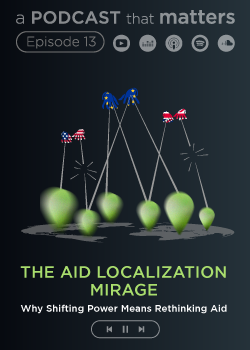Print

Youth for Youth's Mental Health through Physical Activity: HOORAY
Details
Locations:Croatia, Denmark, Finland, Germany, Hungary, Italy, Portugal, Sweden
Start Date:Jan 1, 2023
End Date:Jun 30, 2025
Sectors: Health, Youth
Categories:Grants
Funding Agencies:
Date posted:May 19, 2023
Description
Programme(s): Erasmus+ (ERASMUS+)-undefined
Topic(s): ERASMUS-SPORT-2022-SCP
Type of action: ERASMUS Lump Sum Grants
Project ID: 101090537
Objective:
Mental ill-health is acknowledged as a major public health problem and young people are a particular risk group. It includes mental health problems and mental illness. The data show that half of mental health issues have an onset by the age of 14 and 75% by age 24. The period of adolescence brings biological changes, psychological challenges and social pressures that combined with additional risk factors makes adolescents one of the most vulnerable groups to mental health issues. As a contribution to solving the problem above, the main objective of this project is to develop an online evidence-based resource for adolescents’ significant others (e.g., physical education teachers, youth workers, coaches and parents) on the usage of physical activity and sport for the promotion of positive mental health and mitigation of mental illness. This project will align with the salutogenic approach by investigating how physical activity may promote mental health and well-being of adolescents between 13 and 19 years of age. Although the developed materials will serve for the education of their significant others, the project will implement the participatory approach where the materials will be developed and informed by the adolescents themselves. The proposed project will: 1) contribute to the understanding of physical activity and sport practices that facilitate positive and prevent negative mental health outcomes in adolescents; 2) define the principles of good practice and provide examples; 3) provide guidance on how to include adolescents’ perspectives on contexts and provision of sport and physical activities to support mental health that facilitate their participation; 4) develop evidence-based resources for adolescents’ significant others to support usage of sport and physical activity in the context of mental well-being and their knowledge around the topic.

